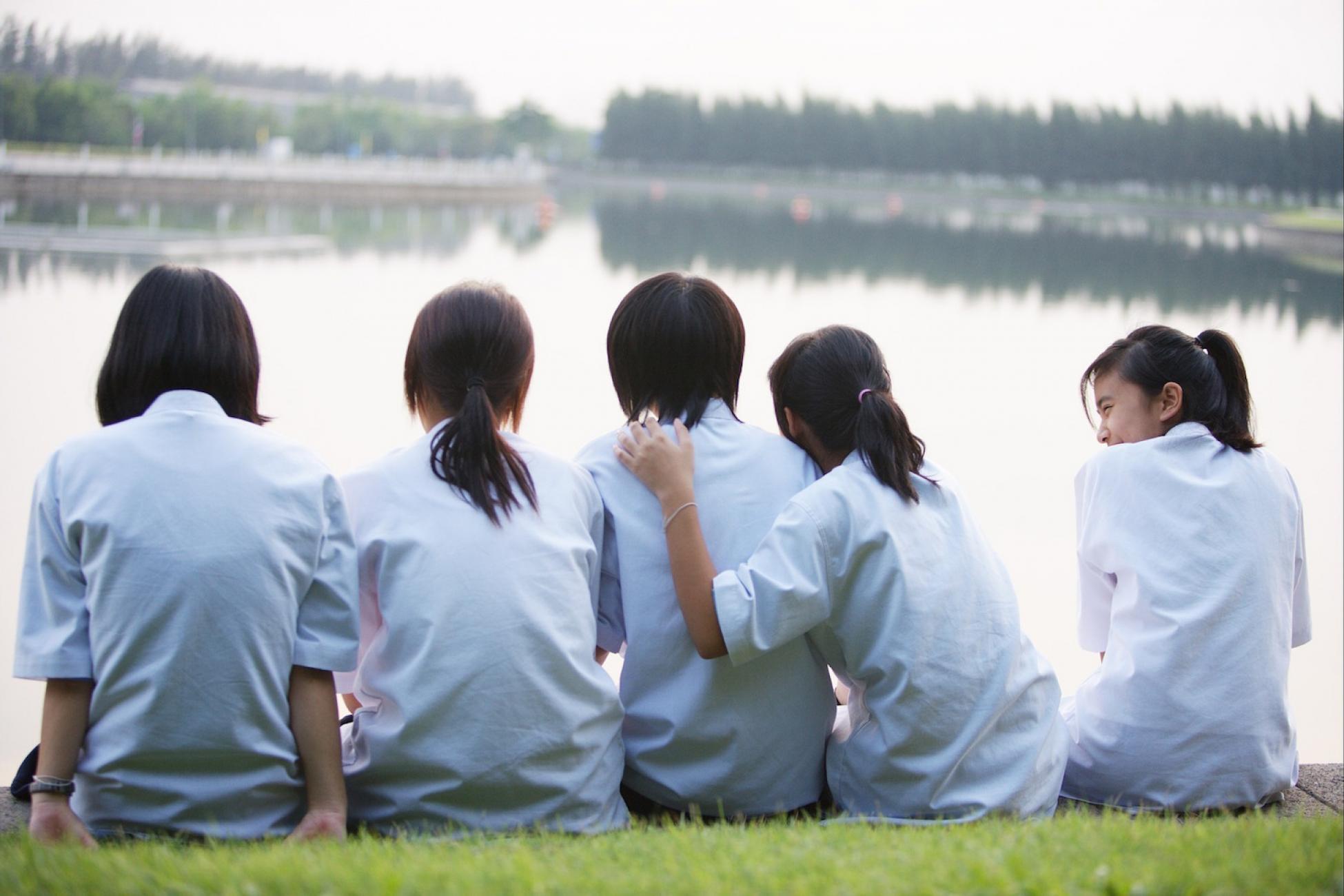Selfish: concerned excessively or exclusively with oneself: seeking or concentrating on one's own advantage, pleasure, or well-being without regard for others.
I have never felt more selfish than I do in Thailand.
I have always considered myself a relatively kind person. I always remember the birthdays of my friends, family and coworkers, I find great joy in helping others, and I was even voted “most reliable” in high school (senior superlatives are always accurate, right?). However, when faced with the relentless generosity of my new community, I am slowly starting to realize that I am nowhere near as selfless as I imagined. Rather, my selfishness goes beyond my daily actions and into my very core, marking how my identity has been created as one of singularity.
Countless bunches of bananas, two heaping baskets of rambutans, four kilos of mangosteens, stickers, bags of tea, a doll made from a colourful sock, origami animals, an eraser shaped as an orange, and two chocolate banana crepes—this is but a small sampling of the many gifts that I have received from teachers and students since I arrived at my school.
At first, I thought the gifts were a gesture of welcome, but as the year has progressed, my community’s charity has persisted. This generosity goes far beyond material possessions and into simple daily actions of respect and togetherness; how my students run to my desk each day and offer to help me take my backpack to class, how my teachers ask me if I have eaten each morning and remind me that I can get a snack in the office anytime, and how on rainy days I get a personal umbrella escort to class if I forget my raincoat at home.
Cultural anthropologists have studied ways that different cultures approach gift giving for years. Many assert that giving gifts is a means to enter an exchange relationship—creating a connection through giving and receiving. Yet, the giving here seems to be so constant, I find myself feeling immensely guilty. In accepting these acts of thoughtfulness, I feel almost indebted since I am so accustomed to taking care of myself. After all, for each of the 24 years I have spent on the planet, I have been raised with a self-centred mentality—if I work hard, try my best and refuse to give up, I can succeed in my goals. Maybe it is the omnipresence of the “American Dream,” or the rhetoric that the United States is a “melting pot” of people from diverse and unique backgrounds, beliefs and origins, but I feel as though my individuality has been praised and I have always seen myself as unique and my goals as personal. Accepting such unsolicited generosity daily has me feeling so selfish. How do I begin to give back?
Am I defined by my personal accomplishments, or what I help others accomplish together?
This focus on self isn’t something I have yet to witness in the same way here in my new community. Rather, I see what many anthropologists have emphasized about Thailand being a collectivist society—or a society characterized by the emphasis on the group as opposed to the individual. In fact, when I thank my host teacher, Pi Mem, for helping me each day, she always responds by saying, “It is my pleasure. When all are happy, I am complete.” This togetherness and helping nature I have seen here at my school is making rethink how I view my very core; am I defined by my personal accomplishments, or what I help others accomplish together?
I am not sure of the source. Maybe it lies in Buddha's teachings of losing one's ego to achieve enlightenment, or the daily reminder from the Thai National Anthem that declares: “Thailand unites the flesh and blood of Thais,” but it seems that within my community there is a presence of a dynamic, and shared identity that comes before being an individual.
Simply put, taking care of others is equally as important (or even more so important) as of taking care of one’s self. I see it in the way my students hold hands when they walk from class to class; more comfortable together than apart. I hear it in the very structure of Thai language that uses familial titles of “sister,” “brother,” “aunt” and “uncle” to refer to elders with respect. I feel it how our school chef always saves a glass of Ovaltine for me during break time, how students rush to clean up the classroom for me when we are finished class, or even how my teachers simply offer to give me the pin they are wearing if I compliment them on it.
Without realizing it I have been brought into this complex, dynamic group identity through the act of giving. In hopes to strengthen my connections (and somehow attempt to try and give back) I have begun reciprocating with small acts of my own. I find myself on weekend excursions looking for gifts to bring back to school for my co-teachers, buying extra mangos at the market to share, and thinking about what my school director might need.
As I slowly reinforce my new place in my community I wonder if my Beyoncé-influenced idea of “Me, Myself and I,” isn’t truly what I will have in the end. To be quite honest, I’m not sure I want to return to my singular and selfish conception of self. Indeed, the more I lose myself, the more I find new self.
Add this article to your reading list




